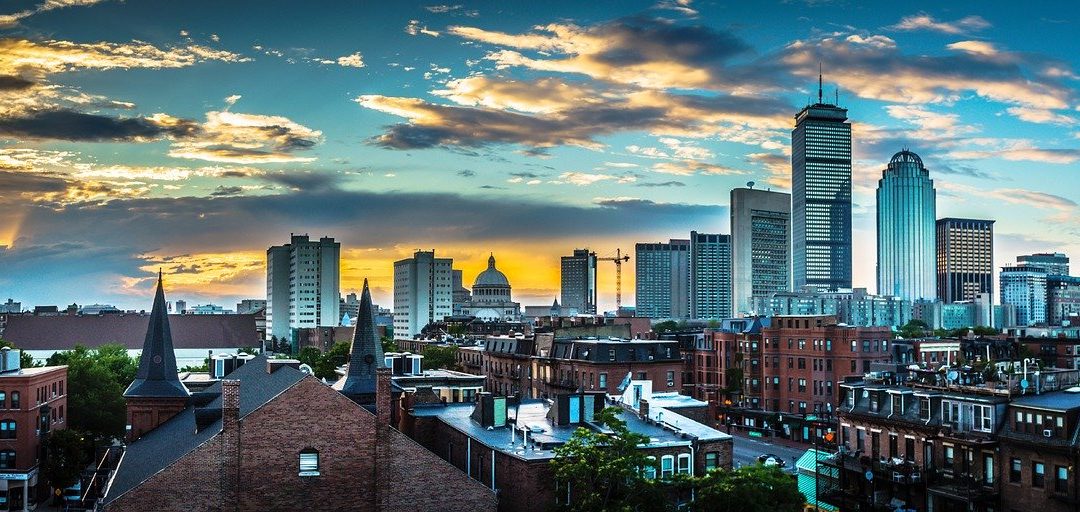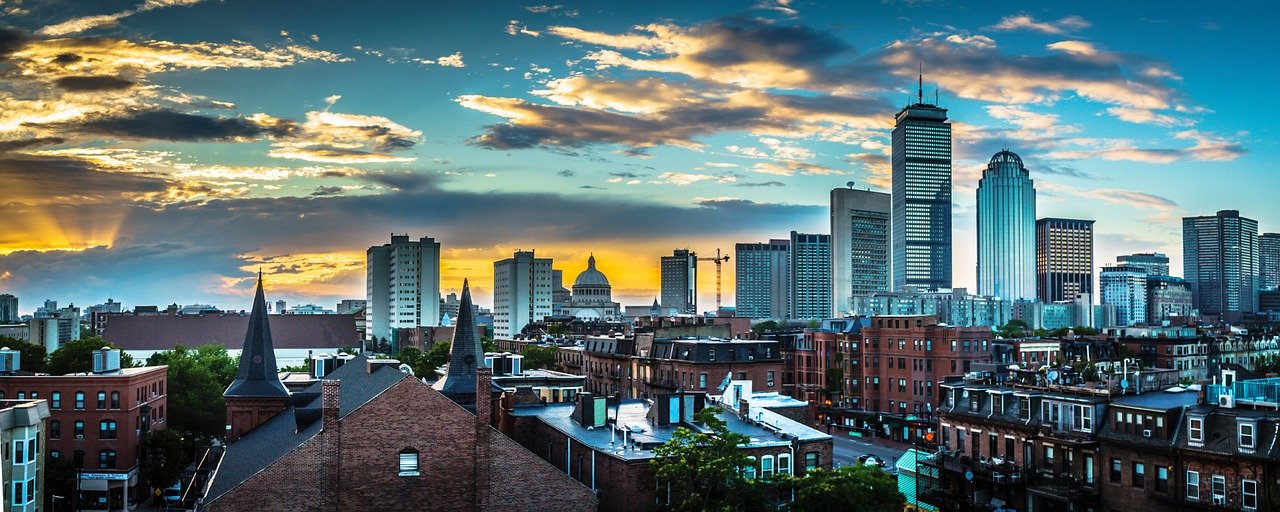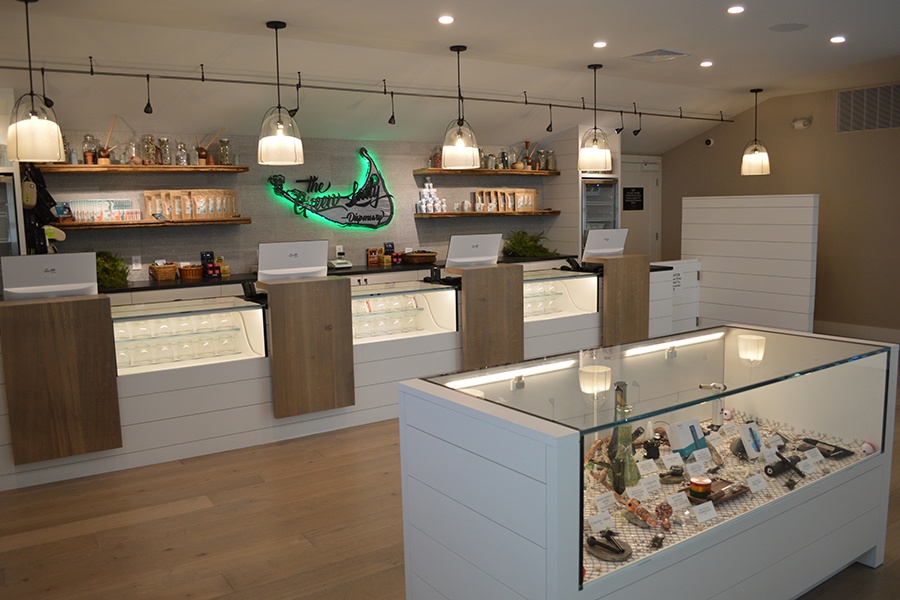
Can Massachusetts Recreational Cannabis Survive Coronavirus?

What happens to a federally illegal business during a national pandemic?
We are all about to see what happens in real time. As Coronavirus rapidly spreads across the United States, businesses everywhere are shutting down.
Restaurants are only doing delivery and takeout, and the only other businesses allowed to operate are those marked as “essential”. Doctors offices, pharmacies and grocery stores are understandably essential, but states are also marking liquor stores and cannabis dispensaries essential.
But not all dispensaries are so lucky to get the essential treatment.
The dispensary dilemma
Nobody would really argue that medical dispensaries are not essential. Medical cannabis users must get a doctor’s recommendation to use it, making cannabis their medicine. But recreational cannabis dispensaries are a whole different monster.
Different taxes, different regulations, different requirements. Recreational and medical cannabis, though identical in actual product, have been split into two different industries due to the progression of cannabis advocacy. While medical cannabis is just that, medicine, recreational cannabis has been put in line more with alcohol.
But while those who suffer severe alcohol addiction can actually die if they don’t have alcohol — presumably the main reason liquor stores have been deemed essential — recreational cannabis users can go cold turkey relatively easy with little side effects. And that’s why they haven’t been deemed essential in several states.
Although California and Colorado, among others, have deemed all cannabis businesses essential, Massachusetts has made headlines for shutting down all recreational cannabis sales. While it might not seem like a big deal considering hundreds of businesses have had to close down, there’s one crucial difference between recreational cannabis businesses and all others; federal legality.
No federal assistance
The Coronavirus pandemic has changed the way we all live and will live for quite some time. With a lot of businesses being forced to close, many have resorted to lay-offs, furloughs or completely closing down. In an effort to support small businesses, Congress passed the Coronavirus Aid, Relief and Economic Security (CARES) Act on March 27.
The legislation provides economic assistance to small businesses, in the form of interest free loans, a paycheck protection program and more. But this is a federal program, and a business that is considered illegal on the federal level can’t receive help from federal programs.
In other words, cannabis businesses both recreational and medical cannot receive any government assistance from the federal government. So while medical dispensaries have been deemed essential, recreational dispensaries in states like Massachusetts have not. So they are forced to close with no government assistance, leaving them with no option but to close down, lay-off or shut down completely.
To simplify, recreational dispensaries in states like Massachusetts are up shit creek without a paddle.
Can recreational cannabis survive Coronavirus?
Most recreational cannabis businesses might just have to tighten up a little bit over the next couple of months in most states. But the future is cloudy for recreational dispensaries in Massachusetts. If they can’t operate at all, they can’t make money, can’t pay rent on their location, and eventually can’t keep the business running.
It would be speculation to say that the governor of Massachusetts is doing this because of his lack of support for legal cannabis — even though it took Massachusetts over 3 years to open a recreational cannabis dispensary after legalizing in 2016 due to plenty of barriers — but it’s not hard to imagine a government official using a position of power to punish an industry they do not support.
Unlike other small businesses that might have to close down but can still receive government support, recreational cannabis dispensaries are pretty much on their own to make it through the Coronavirus pandemic, with no clear end in sight. It took four years for Massachusetts to get up and running with recreational cannabis, and it only took two weeks for the state to shut it all back down.
While the future is unclear, it’s going to be a tough road ahead for all cannabis businesses in the United States.







